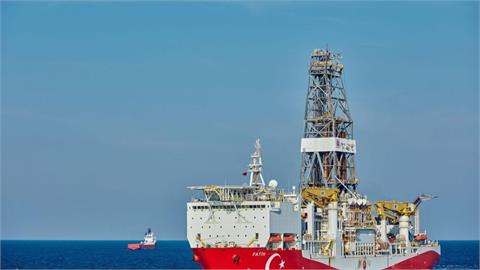The first Clean Energy for EU Islands Forum was launched in Chania, Crete, on September 22 as part of an effort to act decisively on the decarbonisation of EU islands. The Forum, which was attended by Climate Action and Energy Commissioner Miguel Arias Cañete and Greek Prime Minister Alexis Tsipras, aims to accelerate the clean energy transition on EU islands, ensuring secure and cheap energy to their citizens, and create local jobs.
New Europe spoke to Jean Pierre Coulon, President of the TEN section of the European Economic and Social Committee (EESC), at a European Energy Dialogue in Brussels earlier in September about providing EU islands with clean energy.
"Actually there is a big lack between some countries, between cities, rural areas and the islands,” Coulon said. "And for us, from a civic society point of view, it is important to grow the possibility of the islands in the field of energy, in the field of transport,” he said, adding that the EESC is working on Smart Islands.
"For example, how to give the possibility for a student, who is living on a island, not to fly every day or every week very far from home because it is expensive, because it is a lot of environmental problems,” he said. "How to give him the possibility to have a better life and to have the possibility to learn, to be student with the help of new technologies,” he said.
Coulon said the problem of energy poverty is not only in the islands. "The main problem in energy poverty is the problem of the cost and the price of energy. Cost and prices of energy are evidently more important in far regions and the islands are far regions and if we, if possible, to permit the energy inside the islands, inside this region, of course the cost and the prices will go down. There will be possibility for the people to have more electricity and less price and it is important,” he said.
Coulon noted that a proposal of the EESC was the European Energy Poverty Observatory, which is now materialising. "To make observation, for example, for the rural areas that are very far, for the islands, to see what happens in these countries, what’s happening in these areas and what kind of answers we can give,” he said.
The President of the TEN section of the European Economic and Social Committee (EESC) hailed "the collective work” and communication with the European Commission over the last two-three years.
Turning to the battle against climate change, Coulon said, "The challenge for the climate change is not a challenge of only climate. The challenge is to give the possibility to each community to give some solution. For example, prosumers,” he said, referring to the active energy consumers, which they both consume and produce electricity.
Coulon said prosumers could dramatically change the electricity system. "The programme of prosumers. The people who want to consume the electricity they produce. This is new. And this is a possibility to fight against climate deregulation because it is not decision from the bottom it is individual or collective consumption,” he said, noting that the Clean Energy for EU Islands forum is a step in this direction.
Last November, the European Commission published the so-called Clean Energy for all Europeans package, which is now being negotiated by the EU Member States and the European Parliament.
Following up on this – at the Informal Energy Council in Valetta on May 18 – the European Commission, together with 14 Member States, signed the political declaration to accelerate the clean energy transition on all EU islands.
by Kostis Geropoulos, Energy & Russian Affairs Editor, New Europe
https://www.neweurope.eu/article/crete-eu-strives-clean-energy-transition-islands/



